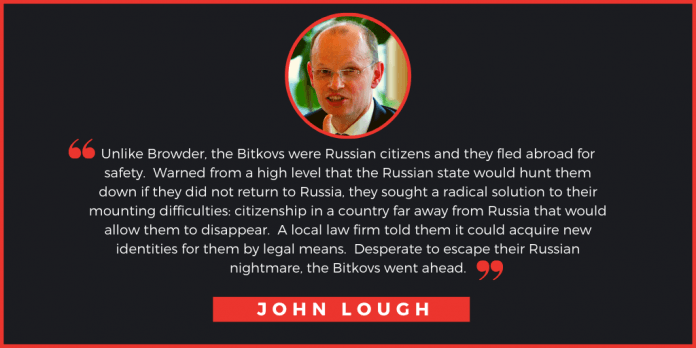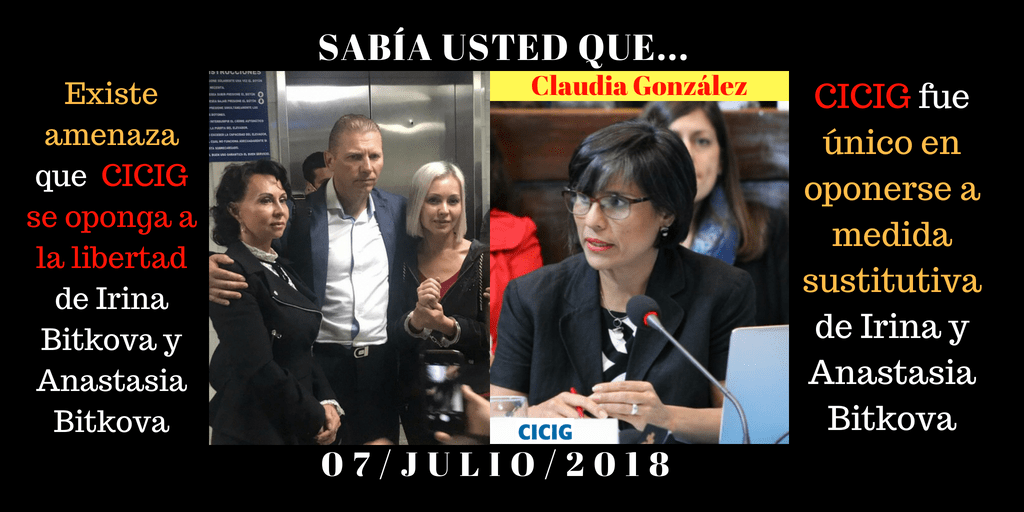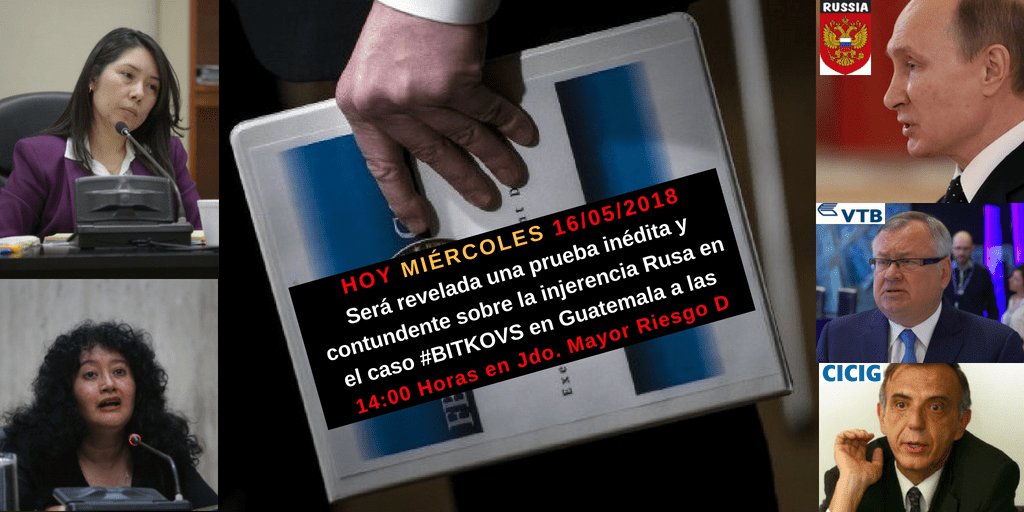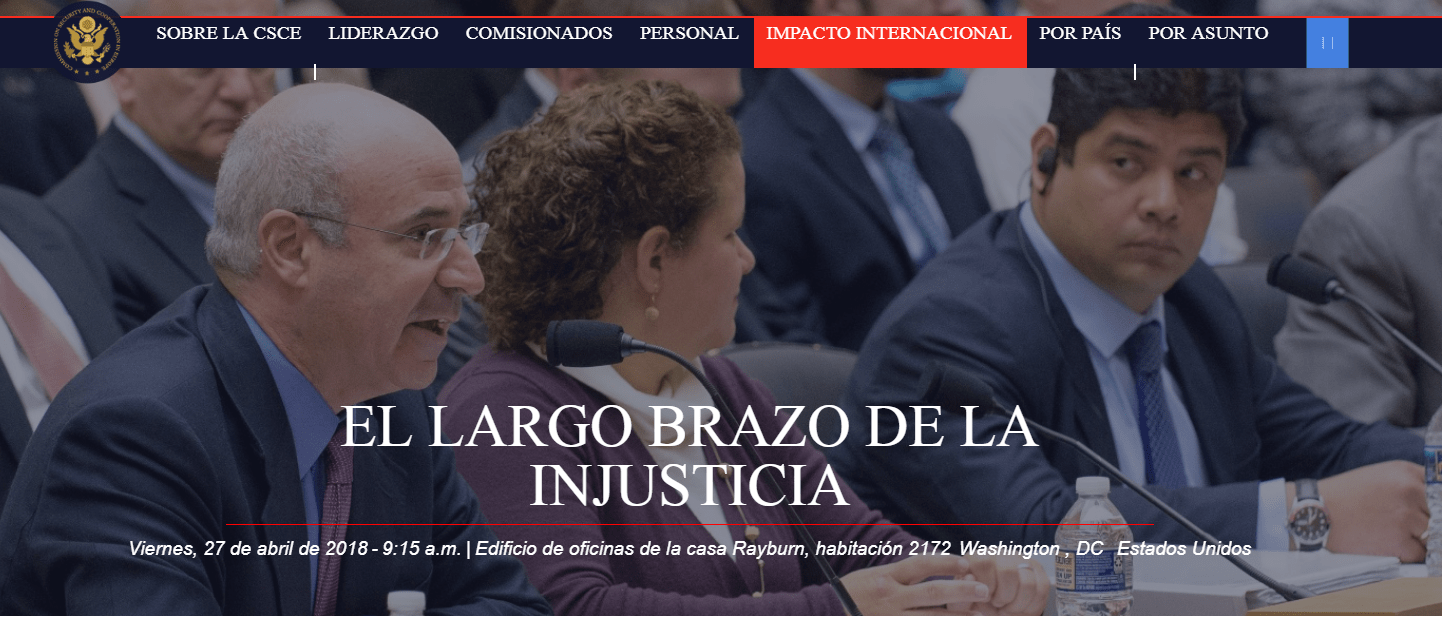
«…Unlike Browder, the Bitkovs were Russian citizens and they fled abroad for safety. Warned from a high level that the Russian state would hunt them down if they did not return to Russia, they sought a radical solution to their mounting difficulties: citizenship in a country far away from Russia that would allow them to disappear. A local law firm told them it could acquire new identities for them by legal means. Desperate to escape their Russian nightmare, the Bitkovs went ahead»
http://gabarastrategies.com
https://www.chathamhouse.org/expert/john-lough
Media in Guatemala reported extensively on the arrest of the Bitkov family in January 2015 with little explanation of who they were and why they fled Russia in 2008 and started a life under new identities in Central America.
The news story was simple and sensational. Fugitives from Russia had been living under cover in Guatemala for six years using illegally issued passports and faced extradition to Russia where they were accused of embezzling a large corporate loan.
The coverage ignored the fact that the Bitkovs were successful investors in Russia’s paper industry with a company worth around $400 million and that they lost control of their business in a typical case of asset grabbing. The Russian term for this practice is “reiderstvo”, based on the English-word “raid”.
“Reiderstvo” is widespread in Russia and a significant brake on economic growth because investors worry about their ability to maintain control of their businesses. Statistics are hard to find but there are indications that cases related to the theft of companies run into the hundreds every year.
Russia is far from unique as a country with weak rule of law, corrupt institutions and unenforceable property rights. However, the number of cases of “reiderstvo” are relatively high in comparison to other countries given the size of Russia, and the degree of fusion between state structures and organised crime. This has led to the development of a sophisticated model of asset grabbing.
After the collapse of the Soviet Union in 1991, Russia experienced several years of lawlessness when the law enforcement agencies were paralysed because of the state’s overall weakness. A market economy started to emerge in place of the old Communist system when all property had been in state hands. Russia’s new class of entrepreneurs were vulnerable people as vicious struggles took place for control of key sectors, particularly oil and metals. “Reiderstvo” in those days was straightforward, often involving masked men with guns breaking into a building and forcing the owner to surrender control.
The Bitkovs established their first company in 1993. It traded products to the forestry industry in north-west Russia. To survive as businesspeople in those days took great skill and determination and required much more than just commercial instinct. Business owners had to secure the support not just of customers, suppliers and creditors but also of local governments and the local population.
The Bitkovs went on to expand their company and acquire bankrupt paper mills that required significant investment. They enjoyed considerable success by modernising the plants using foreign technology and industrial practices to produce high-quality products that they sold both in Russia and on global markets. They pioneered the introduction of chlorine-free paper production in Russia and made a significant impact to improving environmental performance. They were widely respected for their innovation and long-term investment policy, as well as for the fact that they had created jobs in economically depressed parts of the country.
As the Bitkovs were upgrading their assets and creating value for their business, the tools of “reiderstvo” were being refined. Instead of relying on brute force, “raiders” were using lawyers and tax inspectors to acquire companies’ debts, to falsify internal corporate documents and quickly transfer seized assets through shell companies to “good faith purchasers” who could not be accused of “raiding”.
“Black PR” the practice of spreading false and malicious information about the target became widely used, often accompanied by specially arranged criminal cases aimed at putting the business owners in immediate pre-trial detention.
However, elements of intimidation were still employed and targets of “raids” and their families were often physically threatened and, in some cases, abducted.
The best-known case of “reiderstvo” is the theft in 2007 of Hermitage Capital, a Moscow-based investment fund owned by Bill Browder. Sergei Magnitsky, a tax lawyer hired by the company uncovered a $230 million tax fraud linked to the raid carried out by a group of officials in Russia’s Interior Ministry. Magnitsky was arrested and died an agonising death in detention after being denied treatment for an urgent medical condition. He was 37. His death sparked outrage in Russia and many countries around the world. Browder began an international campaign to seek justice for Magnitsky that led to the passing of the Magnitsky Act by the US Congress in 2012. It allows the US to withhold visas and freeze the financial assets of Russian officials suspected of human rights violations.
The Bitkovs were “raided” in 2008 using a tried and trusted method. The kidnapping of their 16-year old daughter Anastasia in 2007 was the first indication of intimidation designed to soften them up. The banks that had made loans to the Bitkovs’ business later joined forces to starve the company of working capital, forcing it into bankruptcy and the hands of its creditors. Its assets were then sold on cheaply to entities close to the administrators.
Consistent with usual practice, the Bitkovs were “offered” the chance to pay a massive bribe to settle their problems. Bill Browder received a similar offer that he also declined. Criminal charges then appeared and the Bitkovs were branded as criminals who had deliberately driven their company into bankruptcy to embezzle the loans from the banks.
Unlike Browder, the Bitkovs were Russian citizens and they fled abroad for safety. Warned from a high level that the Russian state would hunt them down if they did not return to Russia, they sought a radical solution to their mounting difficulties: citizenship in a country far away from Russia that would allow them to disappear. A local law firm told them it could acquire new identities for them by legal means. Desperate to escape their Russian nightmare, the Bitkovs went ahead.
Six years later, the hand of Russia caught up with them. One of the banks that stole the Bitkovs’ company has even managed to insert itself in their case in Guatemala as an “injured party”. The laws of “reiderstvo” mean that the victims are the guilty and the guilty are the victims.
Simple, eye-catching news stories are often more complicated than they appear.
John Lough is a London-based consultant and Russia expert who is advising the Bitkovs’ legal team





